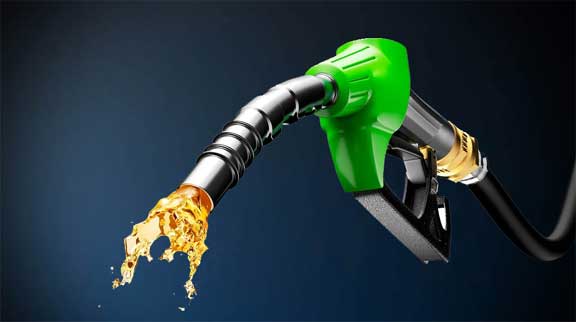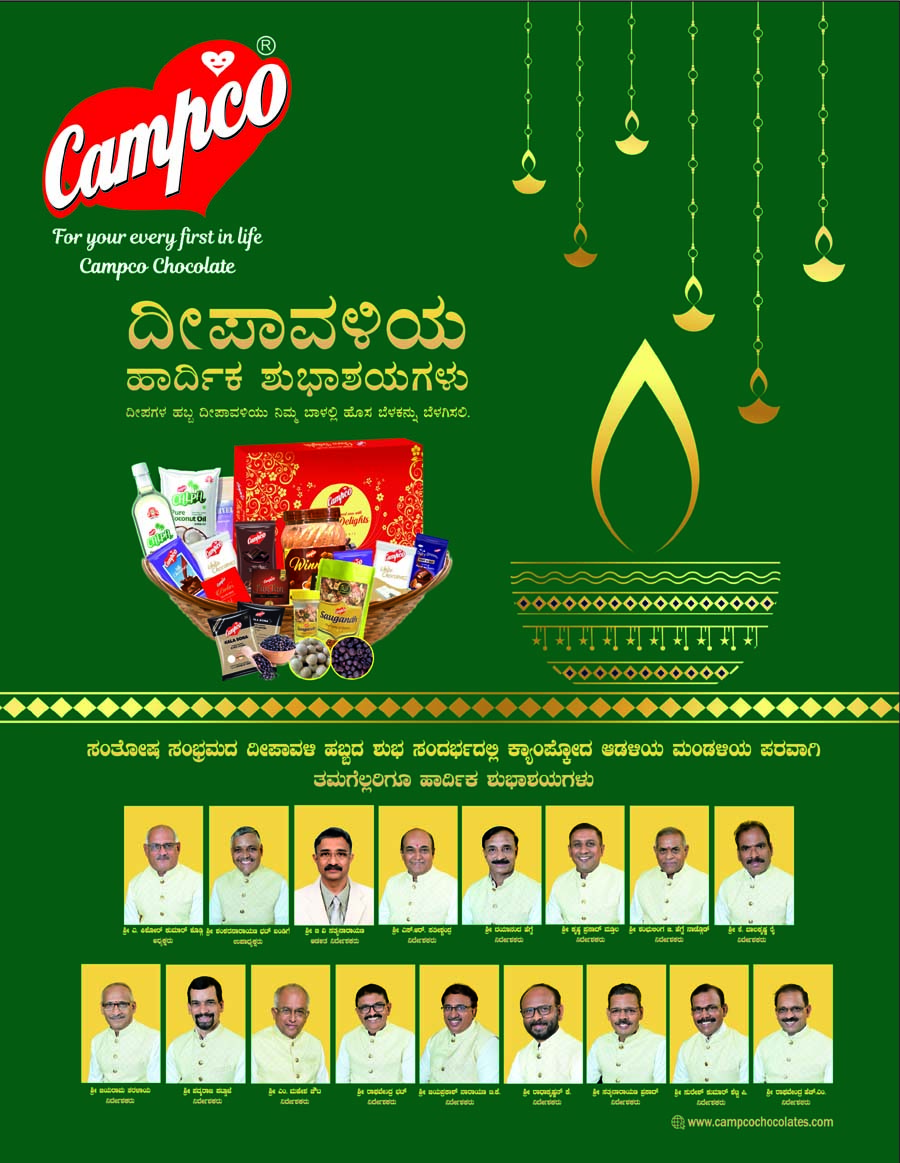Petrol, diesel prices rise by Rs 3 as state government increases sales tax on fuel
11:55 PM, Saturday, June 15th, 2024Bengaluru : Fuel prices in Karnataka increased by Rs 3 after the state government hiked the sales tax on petrol and diesel on June 15,which came into immediate effect.
As per the state government notification on Saturday, Karnataka Sales Tax (KST) has been increased from 25.92 percent to 29.84 percent on petrol and from 14.3 percent to 18.4 percent on diesel.
According to the Akhila Karnataka Petroleum Dealers Association, prices of petrol and diesel per litre have increased by Rs 3 and Rs 3.02, respectively. In Bengaluru, revised price of petrol is Rs 102.86 per litre, while diesel is Rs 88.94 per litre.
The notification issued by the state finance department on June 15 stated that the price hike would come into effect immediately.
KM Basavegowda, president of Akhila Karnataka Federation of Petroleum Traders, told Moneycontrol, “We received the notification in the evening, and around 5,000 dealers across the state recalibrated dispensers to reflect the revised fuel prices.”
The fuel price hike comes after the Lok Sabha polls, and the Congress-led state government has to spend Rs 50,000 crore to Rs 60,000 crore annually for the implementation of five guarantees.
A senior finance department official told Moneycontrol that increase in fuel prices will help to mobilise around Rs 2,500-Rs 2,800 crore in this financial year. “Fuel prices in Karnataka are still lower than those in neighbouring states.”
The last revision was in November 2021, when the previous BJP-led state government reduced petrol prices by Rs 13.30 per litre and diesel prices by Rs 19.40 per litre to help revive the economy after Covid-19.
With revenue collection slowed down due to the Lok Sabha election model code of conduct between March 14 and June 4, Chief Minister Siddaramaiah, who also holds the finance portfolio, conducted a review meeting a few days ago and instructed officials to achieve the revenue collection targets.
To generate additional revenue to fund guarantees, Congress-led state government had increased guidance value of properties by 15-30 percent, imposed additional excise duty (AED) on Indian-made liquor (IML) by 20 percent on all slabs and AED on beer from 175 percent to 185 percent. The government also imposed 3 percent additional cess on newly-registered transport vehicles and introduced a lifetime tax on EVs (electric vehicles) above Rs 25 lakh.
The five poll guarantees implemented by the state government are: free travel for women across the state in non-AC state-run buses; 200 units of free power per month; Rs 2,000 per month for each female head of the family; 10 kg of food grains (rice, ragi, jowar, millet) per month to BPL (below poverty line) families; Rs 3,000 per month for two years to unemployed graduates; and Rs 1,500 per month for two years to unemployed diploma holders.
While these five guarantees benefits 5.10 crore people in the state, costing the exchequer Rs 36,000 crore in 2023-24, Siddaramaiah allocated Rs 52,009 crore for the schemes in the current financial year.
Siddaramaiah’s revenue-deficit budget for 2024-25 — his 15th budget— has a total outlay of Rs 3,71,383 crore. With the deficit set at Rs 27,354 crore, this is probably the first time annual borrowings have exceeded Rs 1 lakh crore in a fiscal year.
Simillar Posts
Warning: count(): Parameter must be an array or an object that implements Countable in /home/megamcaq/public_html/wp-content/plugins/post-plugin-library/common_functions.php on line 357
- None Found
Leave a Reply
© Copyright 2008 www.megamedianews.com All Rights Reserved. Privacy Policy









 Posted in
Posted in  Tags:
Tags: 






